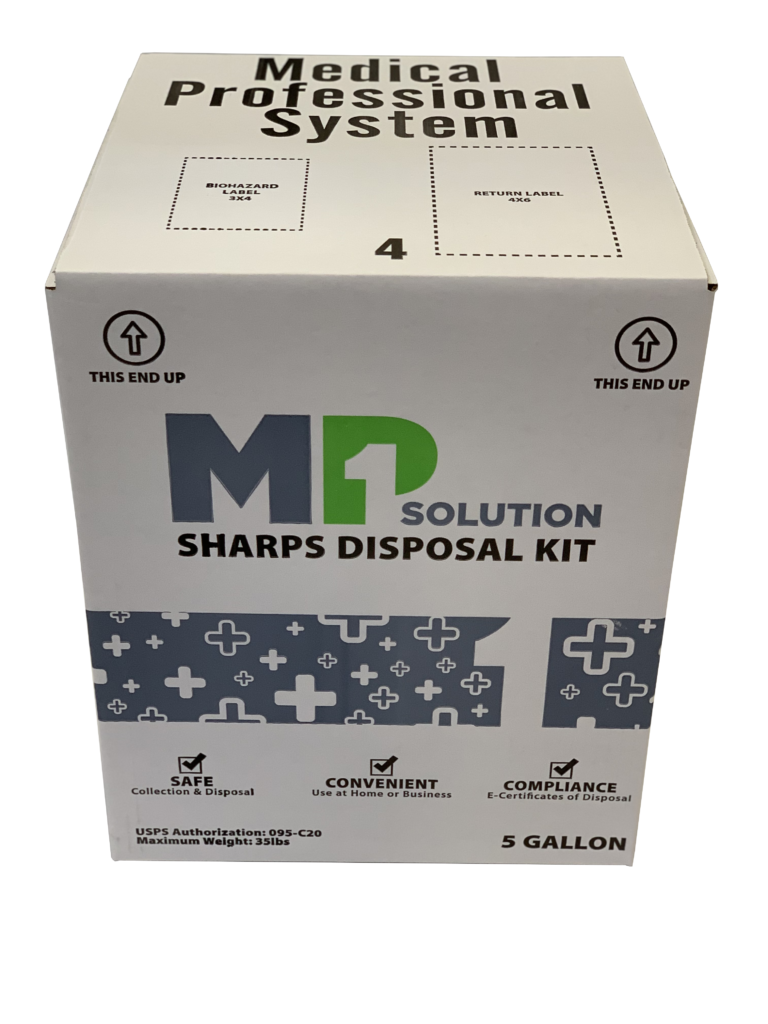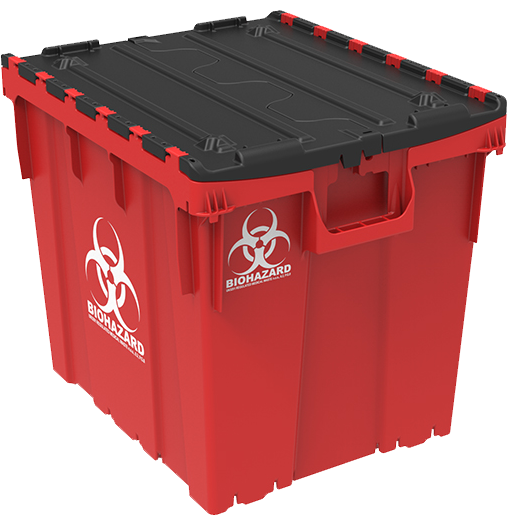Personal Protective Equipment and Other Considerations during COVID-19
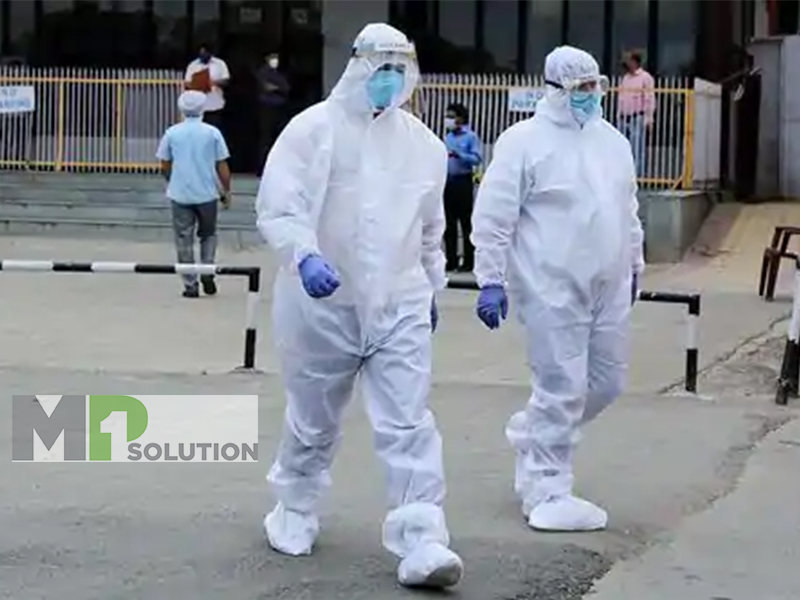
The pandemic outbreak exposed gaps in both health systems around the world and the respective approach of people towards health and hygiene. In fact, health science has never been more relevant than in a collective action problem such as COVID-19 and vaccination; where virtually every single person that is exposed to other people has the responsibility to protect themselves and others.
It is no longer a rare topic to discuss controversies that came alongside the mandate to wear PPEs (personal protective equipment). These are safety devices such as face shields, masks, gloves, and more that drastically mitigate the spread and worsening of COVID-19. Alongside the topic of PPEs being questioned, several restrictions across multiple countries have been met with varying degrees of resistance as well. The question of rights and liberties have been brought up along the topics of:
- Social distancing
- Wearing of PPEs
- Regular testing
- Closing of establishments
- Stringent sanitation requirements on the part of both individuals and establishments.
While some feel less inclined to follow these protocols, you might be more interested in finding out how you can better protect yourself. And here is a detailed list of the things you have to consider during the pandemic that will protect you in all aspects of safety.
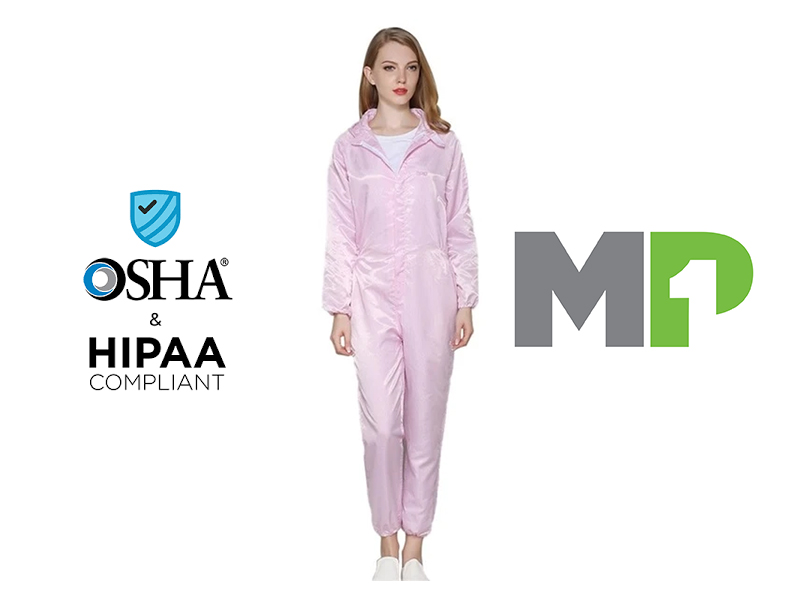
Sanitation
Whether you’re a client, customer, a business owner, or a person that’s casually passing by, it is widely known the sanitation has been at the forefront of battling the spread and risks of COVID-19. On the individual level, the Centers for Disease Control and Prevention emphasized that it is important to:
- Regular washing of hands with soap and water, and if not available with a 60% alcohol solution, especially after handling unsanitary objects such as waste.
- Avoid the touching of openings such as face, mouth, eyes, nose, cuts, bruises, or open source after handling dirty surfaces and objects.
- Washing one’s hands with soap and water or with a 60% solution/hand sanitizer before and after eating/preparing food, leaving a public space, using the toilet, handling one’s mask, changing a diaper, caring for sick individuals, touching pets.
- Avoiding close contact outside by maintaining six feet of distance between you and another individual that does not live in your household and maintaining the same amount of distance with household members that are sick.
For establishments, the CDC and other regulatory bodies recommend the same, if not, a stricter, level of precautions when it comes to employees and daily interactions around the worksite. Furthermore, it is recommended to seek the services of waste disposal solutions such as MP1Solution to streamline medical waste management and reduce the number of mishaps especially in healthcare facilities.
Environments such as hospitals and healthcare facilities that specifically deal with the virus (testing clinics, laboratories, wards, and other facilities where infected patients are being treated). Because these establishments entertain a bulk of individuals on a daily basis and are critical towards keeping the overall spread of infectious diseases low, regulatory agencies such as OSHA have required proper healthcare waste management.
As a response to the emergency, OSHA compliance would require the implementation of the COVID-19 Emergency Temporary Standards which outlines that employers have to fortify:
- Ventilation – OSHA Oregon requires a ventilation that optimizes air from the outside being circulated towards the establishments through the establishment’s existing heating, ventilation, and air conditioning system to the extent that the air quality index remains at “good” or “moderate”.
- Sanitation – The frequency of sanitizing common areas, shared, equipment, and critical/high-touch surfaces should be at least every 24 hours if the workplace is unoccupied for at least 12 hours a day. However, if the establishment is occupied and in-use throughout the day, sanitation has to be every 8 hours.
- Employee testing and medical removal – The employees are mandated to cooperate whenever Oregon’s health authority or a local health agency notifies that testing is necessary. Employers must free up its employee and workplace space to accommodate testing. Individuals recommended to self-isolate must be sent home to self-isolate.
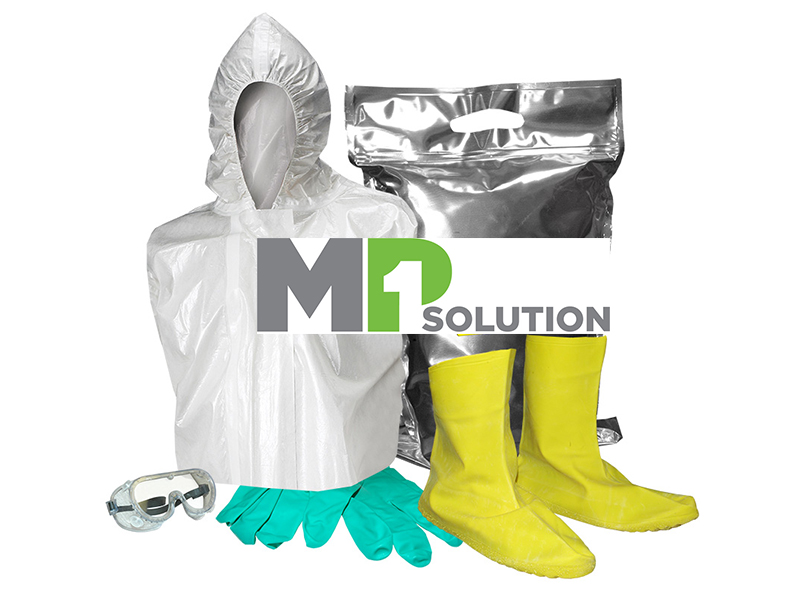
Wearing of Personal Protective Equipment
As previously mentioned, wearing masks which has been the minimum requirement that can be seen across different states, has garnered controversy over the past few months. Despite this, the science behind the protocol stands to be effective.
While it is not a direct substitute to social distance, wearing PPEs go hand in hand with such protocols. COVID-19 primarily spreads through respiratory droplets that can travel into the air through:
- Coughing
- Sneezing
- Talking
- Shouting
- Breathing
- Singing
Because of this, there is a high propensity for someone who might have been infected (whether symptomatic or asymptomatic) to release respiratory droplets into the environment that other people can breathe in. Masks mitigate the dangers of this process. As they reduce the spray of droplets that come out of a person’s mouth.
Furthermore, depending on how the mask was created/what type of mask you’re using, factors such as the type of fabric and number of layers within it, as well as how the mask fits, masks can prevent you from breathing in respiratory droplets.
Types of masks that have been recommended by the CDC include masks that meet the following criteria:
- Must have two or more layers of washable, breathable fabric.
- Must completely cover your nose and mouth.
- Must fit snugly against the sides of your face and does not have gaps.
This is especially crucial for workers of different establishments, as they are compelled to go outside and deal with other people on a daily basis.
MP1 Solution guarantees safe transaction and operations through conducting business in compliance to mask requirements recommended by the CDC, and guidelines that have been outlined by OSHA. Furthermore, to establish trust and security the workers under the medical waste disposal company have been trained in order to pass HIPAA compliance requirements which ensures that crucial identifiable information (account numbers, identifiable photos, social security numbers, names, addresses, medical records, etc.) that is dealt with by the business stays in confidence.
